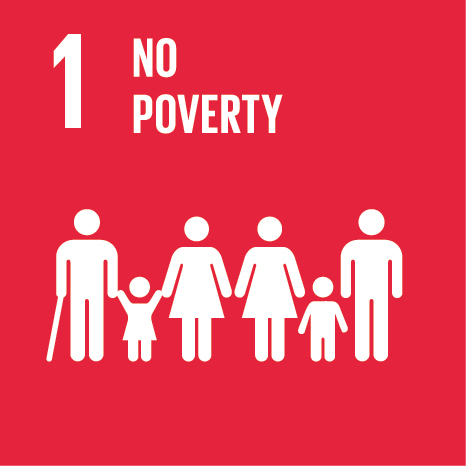Ciência_Iscte
Publications
Publication Detailed Description
A sociotechnical approach to causes of urban blight using fuzzy cognitive mapping and system dynamics
Journal Title
Cities
Year (definitive publication)
2021
Language
English
Country
United Kingdom
More Information
Web of Science®
Scopus
Google Scholar
This publication is not indexed in Overton
Abstract
Urban blight often is prominent in urban environments. It consists of real estate degradation to the extent that blighted residential properties, unfortunately, may provide housing only for the poorest social classes. Urban blight reduces real property values in urban neighborhoods and urban centers, reduces business investment and increases unemployment. Urban blight is not static, but continuously changing, either getting worse or improving. Thus, it is an issue of growing concern for urban decision makers who may attempt to determine its causes. Determining causes of urban blight facilitates the development of strategic measures for the prevention and potential eradication of this phenomenon. This study seeks to bolster the identification of factors that cause urban blight and makes important contributions to both the academic communities and society at large. By combining fuzzy cognitive mapping and the system dynamics approach, our proposal facilitates the identification of urban blight determinants and the development of alternatives to control and eradicate them. Data used in our study were provided by a panel of urban blight experts, and allowed for the identification of the following major causes of urban blight: deficiencies in sociability and/or culture; unfavorable economic and financial factors; policy and/or administrative shortages; lack of urban regeneration; insecurity for people and assets; and building and/or surroundings defects. The results of our decision-support system were analyzed and validated by an independent expert who works for the Lisbon City Council in Portugal. Recommendations for future research are also provided.
Acknowledgements
--
Keywords
Cognitive mapping,Fuzzy cognitive map,Real estate,Strategic planning,System dynamics,Urban blight
Fields of Science and Technology Classification
- Economics and Business - Social Sciences
Funding Records
| Funding Reference | Funding Entity |
|---|---|
| UID/GES/00315/2019 | Fundação para a Ciência e a Tecnologia |
Contributions to the Sustainable Development Goals of the United Nations
With the objective to increase the research activity directed towards the achievement of the United Nations 2030 Sustainable Development Goals, the possibility of associating scientific publications with the Sustainable Development Goals is now available in Ciência_Iscte. These are the Sustainable Development Goals identified by the author(s) for this publication. For more detailed information on the Sustainable Development Goals, click here.

 Português
Português




